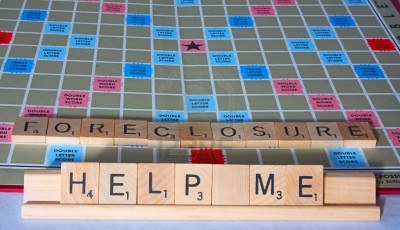Special Considerations when Purchasing New Jersey Real Estate from an Estate
 In addition to the usual issues which come up when you are purchasing real estate, such as the contract review, home inspections, negotiations, and applying for a mortgage if necessary, when you purchase real estate from an estate there are some additional concerns.
In addition to the usual issues which come up when you are purchasing real estate, such as the contract review, home inspections, negotiations, and applying for a mortgage if necessary, when you purchase real estate from an estate there are some additional concerns.
When the owner of the property has died prior to entering into a contract of sale, and the property is being sold by an estate, the first question is: Who has the power to sell the property?
The person who has the power to enter into a contract for sale is usually the executor. If the deceased owner had a will and the property is passing with the residuary estate, (the residuary estate is what is left after specific bequests), the executor can do everything needed to effectuate the sale. It will be necessary during the contract period to obtain the death certificate, a copy of the will and the letters testamentary (the document from the surrogate’s court appointing the executor). The buyer’s attorney should insist that these documents are provided within a short time period after the contract is finalized.
However, if you obtain a copy of the will and see that the property passes by specific bequest to specific named beneficiaries, then not only does the executor need to be involved in the sale, but also under the New Jersey Real Estate law the beneficiaries must join in the sale. This can only be determined by seeing a copy of the probated will. When real estate is devised by specific bequest, it can create significant delays as the beneficiaries may be scattered throughout country, or even out of the country. In this case, the beneficiaries must all agree to sell real property on the terms and conditions in the contract, they must all agree to the resolution of any issues throughout the contract period, including home inspection negotiations. The seller’s attorney will need to seek the consent of each beneficiary for attorney review changes, home inspection repairs requests, etc. Each of the specific bequest beneficiaries must also execute the closing documents. Clearly, a purchase is more difficult if there is a specific bequest of real estate. However, if the buyer is represented by an attorney who understands the issues involved, these issues can be effectively managed.
Continue reading
 New Jersey Lawyers Blog
New Jersey Lawyers Blog








